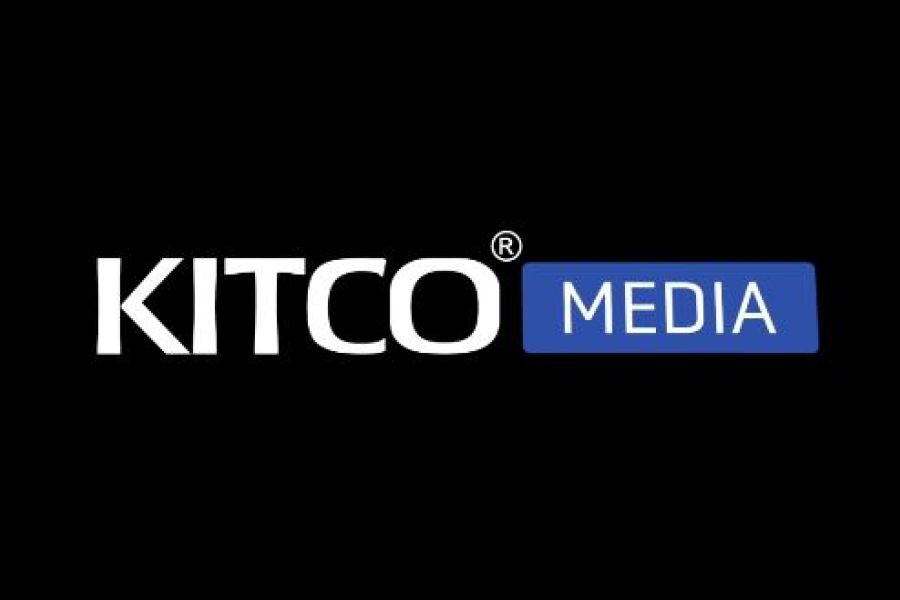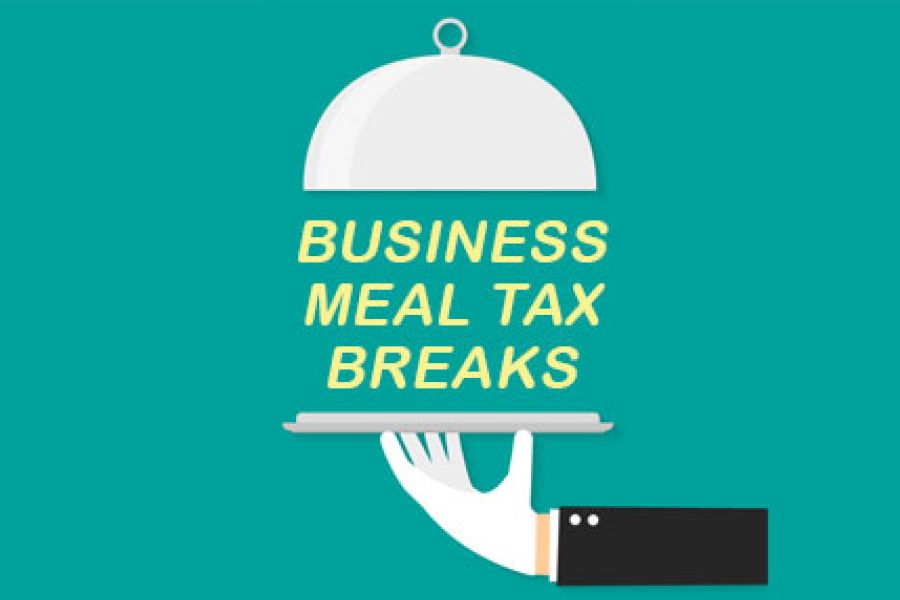If you own or manage a business with employees, you may be at risk for a severe tax penalty. It’s called the “Trust Fund Recovery Penalty” because it applies to the Social Security and income taxes required to be withheld by a business from its employees’ wages. Because the taxes are considered property of the government, the employer holds them in “trust” on the government’s behalf until they’re paid over. The penalty is also sometimes called the “100% penalty” because the person liable and responsible for the taxes will be penalized 100% of the taxes due. Accordingly, the amounts IRS seeks when the penalty is applied are usually substantial, and IRS is very aggressive in enforcing the penalty. Far-reaching penalty The Trust Fund Recovery Penalty is among the...

There’s a new IRS form for business taxpayers that pay or receive nonemployee compensation. IRS Form 1099-NEC debuts in 2020 and payers must use it to report any payment of $600 or more to a payee. Why the new form? Prior to 2020, Form 1099-MISC was filed to report payments totaling at least $600 in a calendar year for services performed in a trade or business by someone who isn’t treated as an employee. These payments are referred to as nonemployee compensation (NEC) and the payment amount was reported in box 7. Form 1099-NEC was reintroduced to alleviate the confusion caused by separate deadlines for Form 1099-MISC that report NEC in box 7 and all other Form 1099-MISC for paper filers and electronic filers. The IRS announced in July...
As Posted to the Kitco News YouTube Channel on 8/3/2020 Part 3 of 3 (Run Time 7:19) Quantitative easing by the Federal Reserve has undoubtedly expanded the Fed balance sheet to record levels, but the outcome on consumer and asset prices is yet to be seen according to best-selling author Jim Rickards and Peter Schiff, CEO of Euro Pacific Capital. In this final segment of the three-part Kitco News interview, Rickards and Schiff argue that inflation of asset prices is the likely outcome. Other parts of this interview can be found here: Part 1: Rickards and Schiff Give Gold Forecasts Part 2: Rickards and Schiff Discuss Coming Monetary Collapse (This is Blog Post #863) James G. Rickards is an American lawyer. He is a regular commentator on finance, and is the author of The...
As Posted to the Kitco News YouTube Channel on 7/31/2020 Part 2 of 3 (Run Time 9:15) The Federal Reserve has gone past the point of no return and is unlikely to be able to unwind their balance sheet in the foreseeable future, according to best-selling author Jim Rickards and Peter Schiff, CEO of Euro Pacific Capital. In this second segment of the three-part Kitco News interview, Rickards and Schiff discuss the consequences of the Federal Reserve paying for the nation’s expenses, or as Schiff called it, “free money.” Part 1 of this interview can be found here: Part 1: Rickards and Schiff Give Gold Forecasts Part 3: Rickards and Schiff on Deflation vs Inflation (This is Blog Post #862) James G. Rickards is an American lawyer. He is a regular commentator on...
As Posted to the Kitco News YouTube Channel on 7/30/2020 Part 1 of 3 (Run Time 14:35) Gold prices have hit all-time highs, but in this Kitco News interview, industry heavyweights Jim Rickards, best-selling author, and Peter Schiff, CEO of Euro Pacific Capital, both think that the rally is far from over. Rickards’ analysis gives a five-year gold price target of $15,000 an ounce. Schiff, too, sees this as just the start of the bull cycle, adding that an imminent U.S. dollar collapse will be a major catalyst in sending gold prices much higher. Other parts of this interview can be found here: Part 2: Rickards and Schiff Discuss Coming Monetary Collapse Part 3: Rickards and Schiff on Deflation vs Inflation (This is Blog Post #861) James G. Rickards is an American...
New technologies, including artificial intelligence and machine learning, increasingly are being applied to the old problem of occupational fraud. But in most circumstances, common accounting tools — “variance analysis” and “contribution margin” — remain effective in uncovering possible evidence of theft. Gaps and absences After your organization finalizes its annual budget, you may perform a variance analysis, reviewing differences between actual and budgeted performance. If, for example, actual wages significantly exceed budgeted wages, the difference could be due to such factors as wage increases, productivity declines or greater downtime. But it could also signal phantom employees on the payroll. Fraud experts pay particular attention to variances related to inventory and purchase pricing. Supply-related variances could indicate the existence of kickbacks. Or they might suggest fictitious vendors —...
(This is Blog Post #854)...
Machine learning increasingly is being used to discover fraud schemes. Smart software can find fraud. With this type of artificial intelligence (AI), the technology learns or improves in accuracy through experience, rather than through additional programming. If you already use AI in your business, you’re probably somewhat familiar with how machine learning works. But here’s a quick overview of its application in fraud detection. New approaches needed More and more, businesses rely on digitization to deliver the goods and services their customers want. Unfortunately, digitization also makes it easier both for cybercriminals and stakeholders, such as employees, vendors and customers, to steal. Preventing fraud in the digital age requires new approaches. Machine learning is one such approach. Traditional rules-based fraud detection software flags transactions — such as...
If you operate a small business, or you’re starting a new one, you probably know you need to keep records of your income and expenses. In particular, you should carefully record your expenses in order to claim the full amount of the tax deductions to which you’re entitled. And you want to make sure you can defend the amounts reported on your tax returns if you’re ever audited by the IRS or state tax agencies. The fact is that good records are the key to trouble-free IRS audits. Certain types of expenses, such as automobile, travel, meals and office-at-home expenses, require special attention because they’re subject to special recordkeeping requirements or limitations on deductibility. It’s interesting to note that there’s not one way to keep business records....
Restaurants and entertainment venues have been hard hit by the novel coronavirus (COVID-19) pandemic. One of the tax breaks that President Trump has proposed to help them is an increase in the amount that can be deducted for business meals and entertainment. It’s unclear whether Congress would go along with enhanced business meal and entertainment deductions. But in the meantime, let’s review the current rules. Before the pandemic hit, many businesses spent money “wining and dining” current or potential customers, vendors and employees. The rules for deducting these expenses changed under the Tax Cuts and Jobs Act (TCJA), but you can still claim some valuable write-offs. And keep in mind that deductions are available for business meal takeout and delivery. One of the biggest changes is that you...











